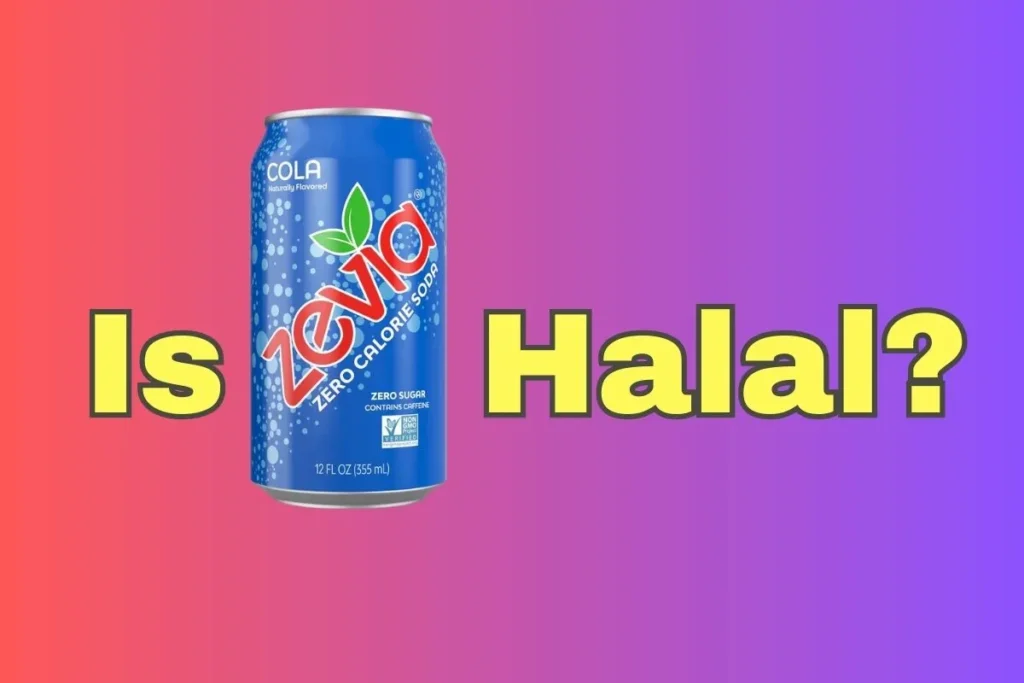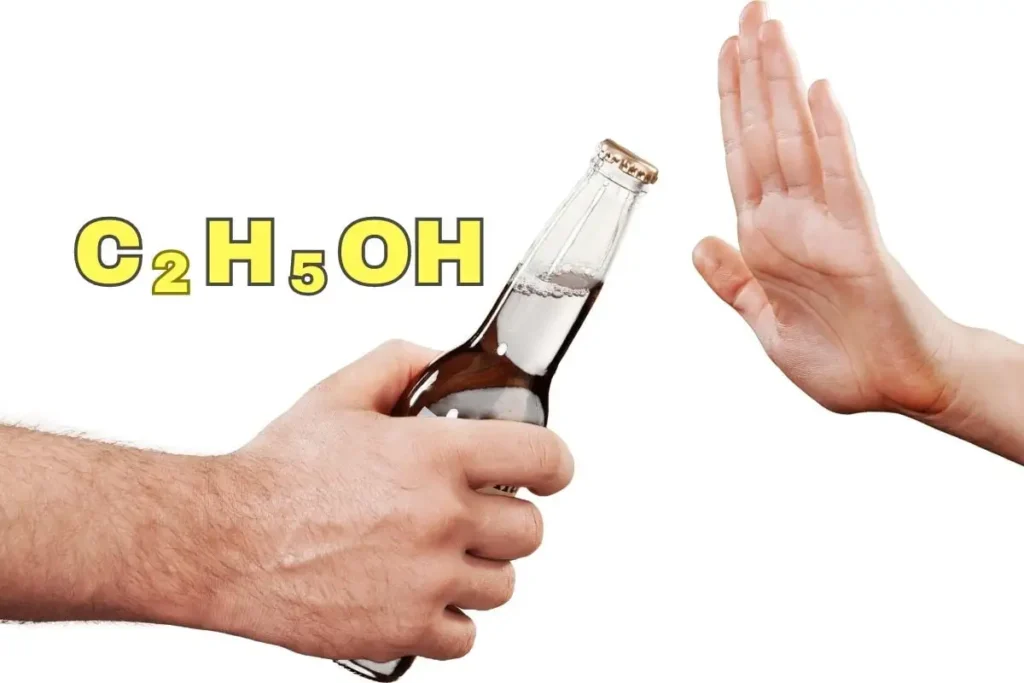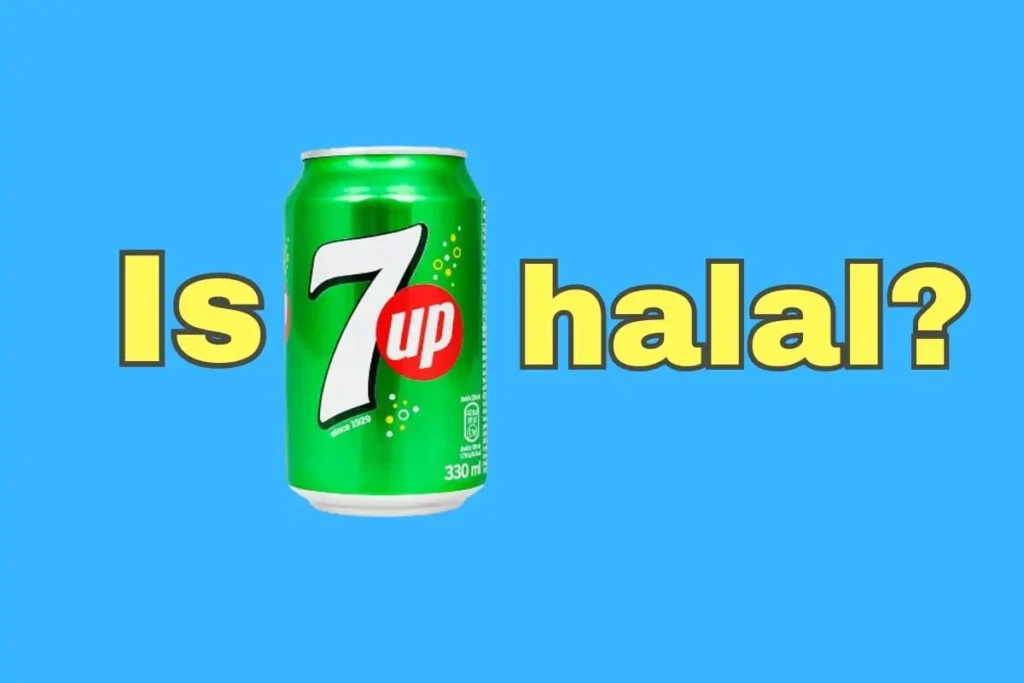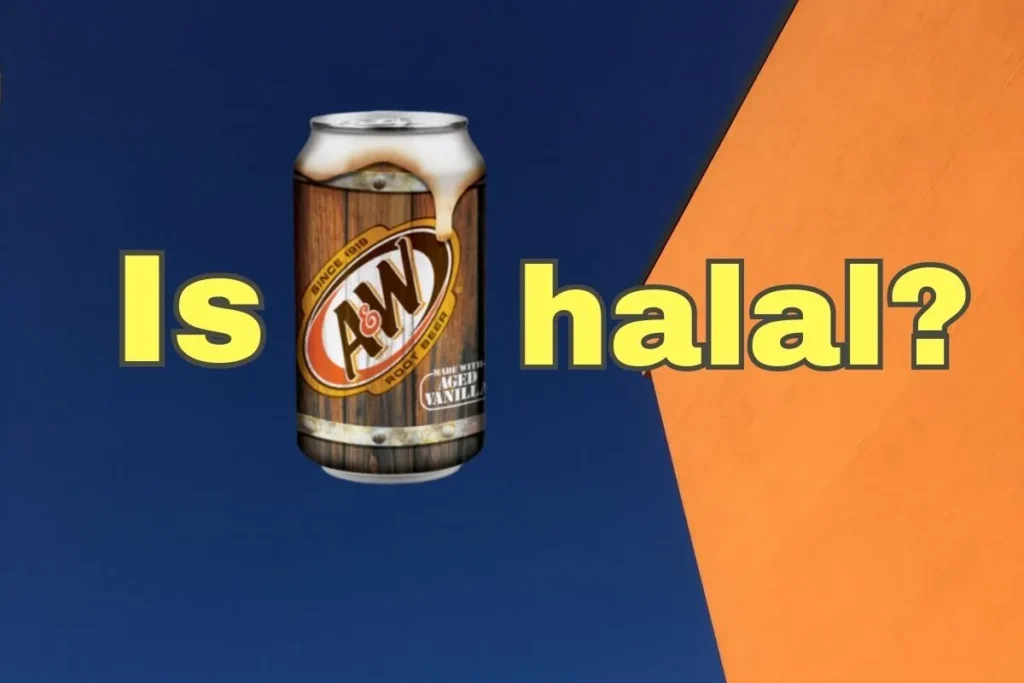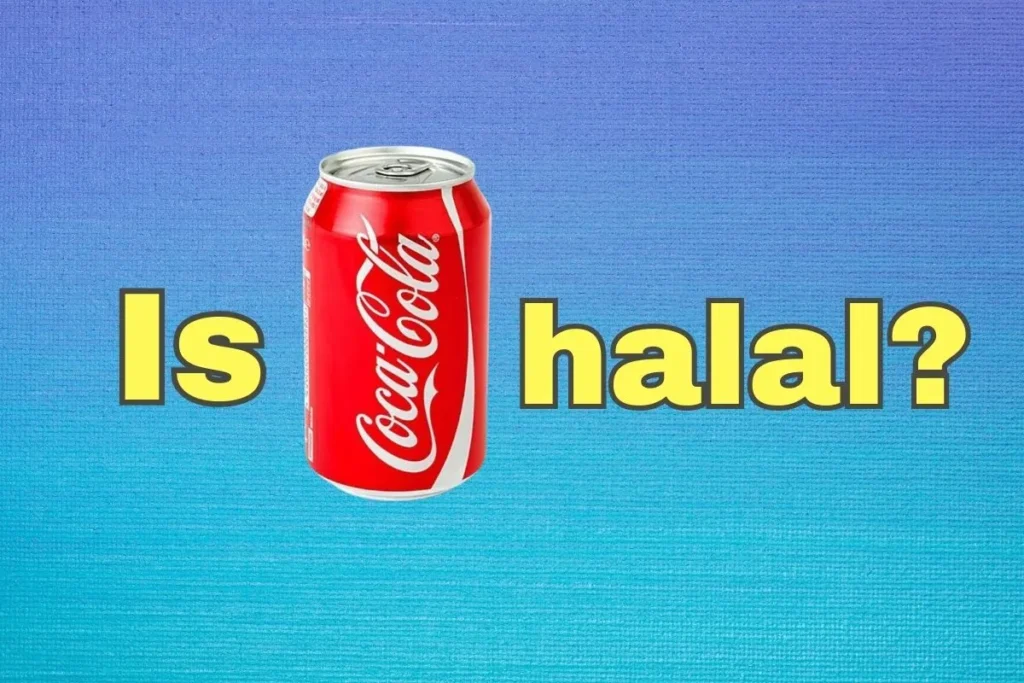Are you curious about whether Zevia is Halal? You’re not alone! Many people have questions about this popular natural soda alternative, which is made from natural ingredients, and thus claims it is a healthy drink.
However, just because something is marketed as healthy doesn’t necessarily mean it follows Islamic dietary guidelines. So, is Zevia Halal? Keep reading to find out more.
Key Takeaways
| 📌 Zevia, a well-known brand offering natural and zero-sugar beverages, is generally considered suitable for a halal diet because its ingredients do not contain prohibited substances like alcohol or pork. |
| 📌 It’s important to note that Zevia does not currently possess an official halal certification. For individuals who strictly adhere to Islamic dietary guidelines, it might be prudent to explore alternative beverages with recognized halal certification. 📌 Zevia’s products are crafted from natural ingredients, including stevia leaf extract, and are free from artificial sweeteners. This makes them a potentially healthier choice when compared to certain mainstream sodas. |
About Zevia
Zevia is a pioneering beverage brand that offers a platform of products that include a broad variety of flavors across Soda, Energy Drinks, Organic Tea, Mixers, and Kidz drinks. Their global mission is driven by a core set of values, by offering zero-sugar beverages that support a better-for-you-lifestyle.
Zevia offers a variety of refreshing and delightful zero-sugar, naturally sweetened beverages made from real ingredients. With no artificial ingredients, Zevia is a healthy drink option that is free from aspartame, sucralose, high fructose corn syrup, BVO, and preservatives.
With its line of naturally sweetened sodas, energy drinks, certified organic teas, and mixers, Zevia offers an appealing alternative to the unhealthy artificial beverages found in many major brands like Coca Cola, or Vernors.
Zevia offers a range of flavors including Zevia Ginger Ale, Zevia Cola, and Zevia Caffeine Free Cola. Sweetened with plant-derived stevia leaf extract and available in delicious flavors, Zevia is the naturally sweetened pop you and your family will crave.
About Halal and Haram in Foods
Two main sources guide Islamic dietary laws: the Holy Quran and Hadiths. According to these texts, foods are initially deemed halal (permissible) unless proven otherwise through Quranic verses or explicit commands from Prophet Muhammad.
This argument can be found in the Quran, specifically in chapter 2 verse 168 :
يَـٰٓأَيُّهَا ٱلنَّاسُ كُلُوا۟ مِمَّا فِى ٱلْأَرْضِ حَلَـٰلًۭا طَيِّبًۭا وَلَا تَتَّبِعُوا۟ خُطُوَٰتِ ٱلشَّيْطَـٰنِ ۚ إِنَّهُۥ لَكُمْ عَدُوٌّۭ مُّبِينٌ
“O humanity! Eat from what is lawful and good on the earth and do not follow Satan’s footsteps. He is truly your sworn enemy.”
A clear reference to determine what is haram lies within Verse 195 in Chapter 2 of the Quran, where Allah instructs us not to consume things that cause harm to our bodies as it opposes His divine decree. Thus, such goods must be regarded as haram (prohibited) or forbidden.
وَأَنفِقُواْ فِي سَبِيلِ ٱللَّهِ وَلَا تُلۡقُواْ بِأَيۡدِيكُمۡ إِلَى ٱلتَّهۡلُكَةِ وَأَحۡسِنُوٓاْۚ إِنَّ ٱللَّهَ يُحِبُّ ٱلۡمُحۡسِنِينَ
“And spend of your substance in the cause of Allah, and make not your own hands contribute to (your) destruction; but do good; for Allah loves those who do good.
To complement this understanding, one can consult Chapter 5 verse 3 of the Quran. It provides more detailed guidelines about dietary restrictions imposed on devoted Muslim adherents.
حُرِّمَتْ عَلَيْكُمُ ٱلْمَيْتَةُ وَٱلدَّمُ وَلَحْمُ ٱلْخِنزِيرِ وَمَآ أُهِلَّ لِغَيْرِ ٱللَّهِ بِهِۦ وَٱلْمُنْخَنِقَةُ وَٱلْمَوْقُوذَةُ وَٱلْمُتَرَدِّيَةُ وَٱلنَّطِيحَةُ وَمَآ أَكَلَ ٱلسَّبُعُ إِلَّا مَا ذَكَّيْتُمْ وَمَا ذُبِحَ عَلَى ٱلنُّصُبِ
“Forbidden to you are carrion, blood, and swine; what is slaughtered in the name of any other than Allah; what is killed by strangling, beating, a fall, or by being gored to death; what is partly eaten by a predator unless you slaughter it; and what is sacrificed on altars.“
Some ingredients could render food prohibited for consumption due to the inclusion of undesirable components like intoxicants identified as ‘Haram’. An example of these kinds of impurities is khamr, including materials that can alter mental states, such as spirits, wines, brandies, liqueurs, and similar products with alcohol content beyond acceptable limits outlined by Islamic law
We aim to evaluate the halal status of Ginger Ale by examining its contents. A thorough inspection will ensure no ingredient contravenes Islamic dietary rules. This investigation hopes to offer guidance for individuals seeking to observe their beliefs through proper nutrition choices.
Zevia Ingredients
Based on their official website, Zevia’s products are made of these ingredients :
- Carbonated Water
- Citric Acid
- Stevia Leaf Extract
- Natural Flavours,
- Tartaric acid, Caffein (in Cola and Zero Calorie Flavor),
- Ginger extract (in Ginger Ale Flavor)
- Quinine (in Tonic Water flavor)
They also assert that all their products are :
- Zero Sugar
- Non-GMO
- Stevia Sweetened
- Gluten-Free
- Vegan
- Kosher
- Does not contain Erythritol
The reviewed contents appear conformant to Islamic Shari’ah standards, thus meeting the requirements of halal. As a result, they comply with the ‘tayyib’ qualifications mentioned in the Quran and Hadiths, signifying their suitability for consumption.
Is Zevia Halal or Haram?
Zevia is halal and safe for consumption according to Islamic principles. Nonetheless, please note that it currently lacks an official halal certification. For those with rigorous observance of Islamic teachings, it is suggested to explore alternative options bearing a recognized halal seal.
Conclusion
In summary, Zevia has been analyzed for its halal compatibility based on its ingredients. Since all its constituents seem to align with Shari’ah regulations and fulfill the necessities for ‘halal’, it’s safe for consumption for most practicing Muslims.
However, since there isn’t any formal recognition from a reputable halal organization, cautious Muslim observers might want to look at alternate drinks endorsed by such certificates.
FAQ
Is Zevia an Israeli product?
Zevia is not an Israeli product. It is a Los Angeles-based company that produces soft drinks, organic tea, energy drinks, and mixers sweetened with stevia. Zevia was founded in Seattle, Washington by Derek Newman, Jessica Newman, and Ian Eisenberg.
The company’s products are available in the United States and Canada, and they are also sold directly to consumers via their website and Amazon.com. While there is no explicit mention of Zevia being an Israeli product, it is not listed among the Israeli product brands. Therefore, Zevia is not of Israeli origin.
Does Zevia have alcohol?
No, Zevia beverages do not contain alcohol. They are marketed as non-alcoholic sparkling soda drinks with natural sweeteners, flavorings, and carbonated water.
Is Zevia FDA-approved?
Yes, Zevia is FDA-approved. While stevia in its raw form is not approved for use as a food additive by the US Food and Drug Administration (FDA), Zevia beverages are free of all FDA-regulated allergens.
Additionally, all Zevia products are zero-calorie, sugar-free, gluten-free, vegan, certified kosher, and certified by The Non-GMO Projects. Zevia is an all-natural zero-calorie soda made without artificial sweeteners, is non-GMO, kosher, gluten-free, and is considered significantly healthier than commercial sodas like Coca-Cola.
Is Zevia healthy?
When comparing Zevia and Coca-Cola, we consider the former to be the better choice for one’s well-being. Its incorporation of stevia and erythritol makes it lower in sugar and calories, positioning it as a healthier option. Therefore, encouraging people to switch from Coca-Cola to Zevia would likely lead to positive health impacts.
Is the quinine in Zevia tonic water bad for you?
Quinine was originally used as a malaria-preventative treatment. Despite its medicinal origins, quinine is now included in low concentrations within tonic water, making it safe to ingest.
- Is Pop Tarts Halal? What You Need to Know - February 18, 2024
- Are Graham Crackers Halal in Islam? - January 19, 2024
- Is Keebler Wheatables Halal? - January 18, 2024

